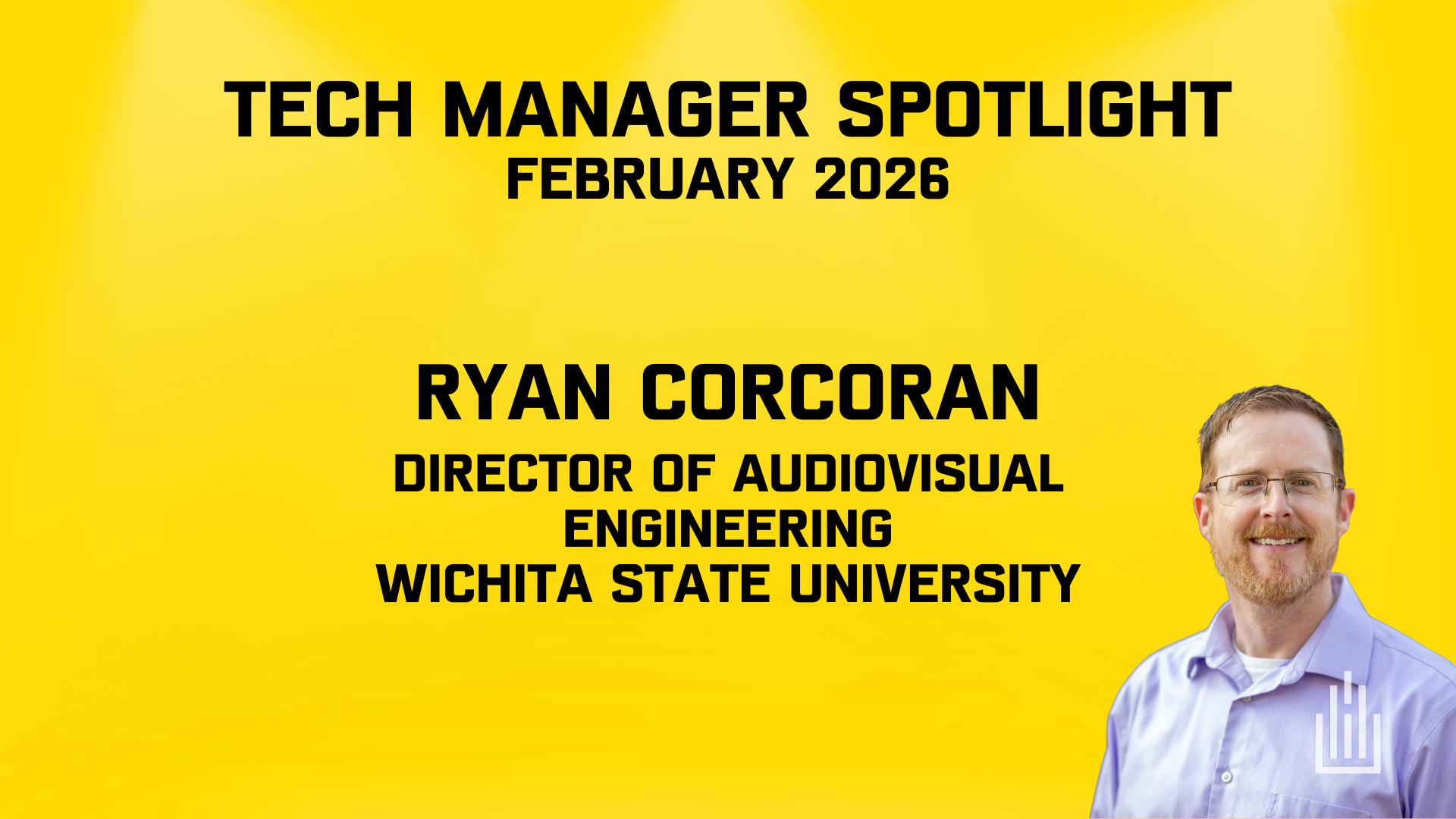This month’s theme of ‘Is it over yet’ had me going in different directions with writing this article; add onto the fact that the month of May is Mental Health Awareness month. Not having a clear direction I wanted to go with this article I thought about letting ChatGPT help me out. I asked it to write me a 650-word article on IT, AV, and mental health. It did provide a great article but I just couldn’t go with it. This then got me thinking of another aspect and here it is:
Why do we always try to solve every issue with technology?
This has been something that has eaten at me for some time now. I know I am guilty of using technology to solve issues, for example above using ChatGPT to provide me with an article but many times I do ask myself if it is necessary. This thought goes back to my time dealing with CCTV cameras and I would have someone request for a camera to be installed in a location at a timeclock. When I asked them why they wanted this the answer I got was ‘We want to make sure employees are clocking in correctly.’ My response was ‘That is a personal problem, not a technology problem’. Now granted the camera did not get installed but still just the thought of that bugged me.
I even see this in the AV field.
Just the other day I was listening to AVWeek and heard them talking about ghost meetings. The discussion was done well but not one person mentioned ‘This is a personal problem, not a technology problem’. For those that did not hear this episode or do not know what a ghost meeting is, it’s when a room is booked for a meeting but no one comes to it; which seems to happen all the time in higher education. This marked the room unusable for others but in reality, the room is available. In the episode, they did talk about using technology to gather the usage data and then using that data to write policy/enforce policy. This is all good and fine but doesn’t get to the root of the issue: Why is someone booking the space but not using it? Did the meeting get canceled? If so, did they not pull it off the schedule? Did they book the room as ‘just in case’? If so, why do they feel they need this ‘just in case’ room? Also mentioned in the episode but not talked about in detail were meetings that run over causing delays to the next meeting. Could we solve that issue with technology? Sure, we can build a buffer in the scheduling to allow for over. We can put in a warning, like Teams, that provides a message that the meeting is ending in 10 minutes or so. We could even program our systems to auto-kick people off but is that something we want to do?
Monitoring Remote Employees
Another aspect we are seeing, which has been around for years, is monitoring remote employees via software. I even mentioned this on the last #AVintheAM, if you don’t do it to office workers why would you do it to remote workers? Again let us ask ourselves some questions. Why do we need to know how long the employee is at their desk? Does knowing that John spent 2 hours away from his desk mean John is a bad employee? That John is not working? Does knowing that Jane was at her computer for 8 hours straight mean that Jane is performing at the top level? Are you gathering the same type of data from those who are in the office? Is this data more for your satisfaction or for the better of the business?
To me, these issues are more people’s problems and not technology problems, or at least not problems for technology to solve. We need to get back to being humans and managing, dealing, and interacting as humans. We can not look for technology to solve all of our issues just because we are scared to interact with people.








